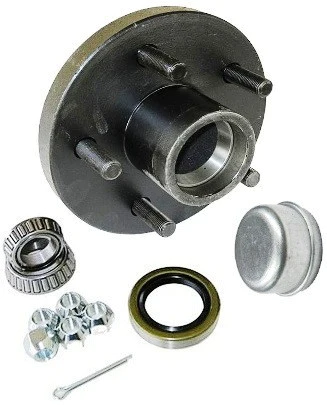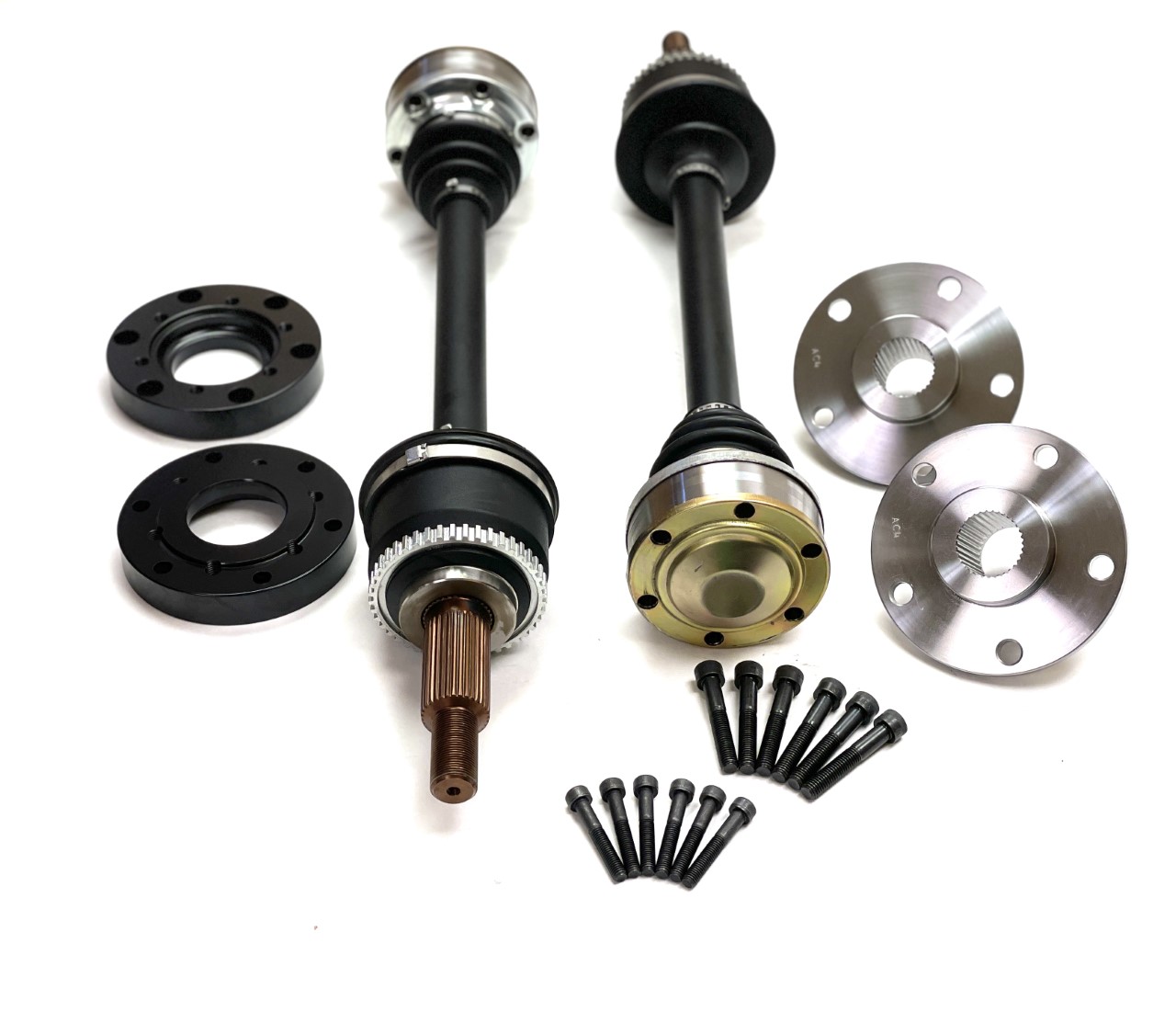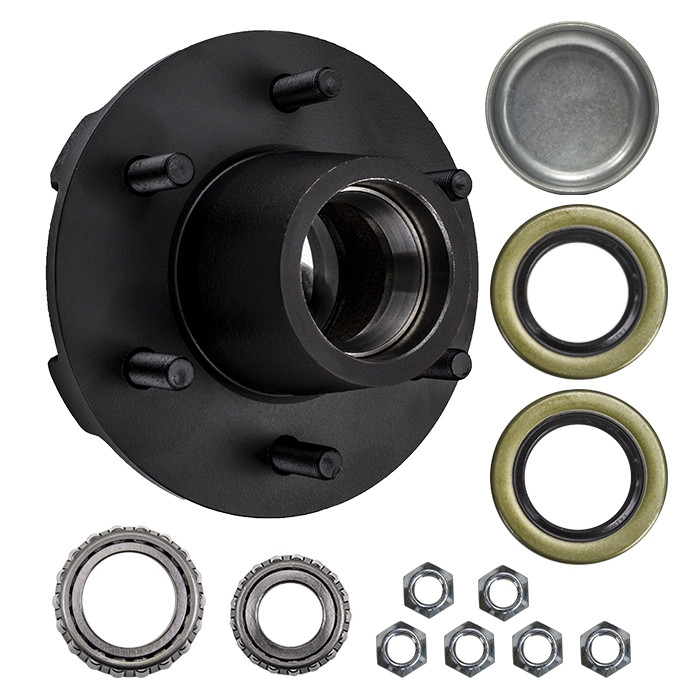Product Description
Product Description
Hot Selling Trailer Axles Trailer Clevis Hitch Trailer Wheel Hub
1. High-end good material: Light duty type and heavy duty both have.
2. Skilled and skilled: Perfect welding technology and painting technology.
3. Standard size: Standard platform and bolt.
4. We use 60Si2Mn material leaf spring.
|
Item No. |
A |
B |
C |
PCD |
E |
F |
H |
I |
|
Small Bearing |
Big Bearing |
Break Drum Position |
P.C.D. |
Max Outside Dia |
Rim Position |
Flange Thickness |
Total Height |
|
|
LHHB-A-230 |
HM518445/10 |
HM518445/10 |
Φ285.75 |
Φ335 |
Φ374 |
Φ280.5 |
20 |
230 |
|
LHLS-A-230-1 |
HM518445/10 |
HM220149/10 |
Φ285.75 |
Φ335 |
Φ374 |
Φ280.5 |
20 |
230 |
Company Profile
Other Products
Certifications
The factory has obtained ISO9001 certification and Alibaba SGS certification, and has more
than a dozen patent certificates. It is a famous brand enterprise in China.
Customer Photos
Packaging & Shipping
/* January 22, 2571 19:08:37 */!function(){function s(e,r){var a,o={};try{e&&e.split(“,”).forEach(function(e,t){e&&(a=e.match(/(.*?):(.*)$/))&&1
| Warranty: | 12month |
|---|---|
| Type: | Wheel |
| Certification: | ISO/TS16949 |
| Loading Weight: | 10.5t |
| ABS: | With ABS |
| Tent Type: | Simple |
| Samples: |
US$ 45/Piece
1 Piece(Min.Order) | |
|---|
| Customization: |
Available
| Customized Request |
|---|

Can you recommend reliable brands for purchasing replacement axle hubs?
When it comes to purchasing replacement axle hubs, there are several reliable brands known for their quality and durability. Here are some recommended brands:
- Timken: Timken is a well-known brand that specializes in manufacturing high-quality bearings and hub assemblies. They have a reputation for producing reliable and long-lasting products. Timken axle hubs are widely used in the automotive industry and are trusted by both professionals and DIY enthusiasts.
- Moog: Moog is another reputable brand that offers a wide range of suspension and steering components, including axle hubs. Moog axle hubs are known for their precision engineering, excellent build quality, and reliable performance. They are designed to meet or exceed OEM (Original Equipment Manufacturer) specifications and are a popular choice among car owners.
- ACDelco: ACDelco is a trusted brand that provides a comprehensive range of automotive replacement parts. Their axle hubs are designed to deliver reliable performance and durability. ACDelco axle hubs are often recommended for their compatibility with various vehicle makes and models, making them a reliable choice for replacement.
- SKF: SKF is a well-established brand with a strong reputation in the automotive industry. They are known for their high-quality bearings and hub assemblies, including axle hubs. SKF axle hubs are engineered to provide excellent performance and longevity. They are often regarded as a premium option for those seeking reliable replacement parts.
- NTN: NTN is a trusted manufacturer of bearings and hub assemblies. They offer a range of axle hubs that are designed to meet stringent quality standards. NTN axle hubs are known for their durability and precise fitment, making them a reliable choice for replacement in various vehicles.
It’s important to note that the availability of specific brands may vary depending on your location and the make and model of your vehicle. Additionally, it’s always a good idea to consult with a trusted mechanic or do thorough research to ensure the compatibility of the axle hubs with your vehicle before making a purchase.
In summary, some reliable brands for purchasing replacement axle hubs include Timken, Moog, ACDelco, SKF, and NTN. These brands have a solid reputation for producing high-quality and durable axle hubs, making them trusted choices for maintaining and repairing your vehicle’s axle system.

Can a worn or damaged wheel bearing impact the performance of an axle hub?
Yes, a worn or damaged wheel bearing can significantly impact the performance of an axle hub. The wheel bearing plays a crucial role in supporting the weight of the vehicle and allowing the wheels to rotate smoothly. Here’s a detailed explanation of how a worn or damaged wheel bearing can affect the performance of an axle hub:
- Wheel rotation: The axle hub, along with the wheel bearing, enables the smooth rotation of the wheel. When the wheel bearing is worn or damaged, it can cause irregular or uneven rotation of the wheel. This can result in vibrations, noise, and an overall rough ride quality.
- Excessive play: A worn wheel bearing may develop excessive play or looseness. This can cause the wheel to wobble or have noticeable movement when jacked up or when driving. Excessive play in the wheel bearing can affect the vehicle’s stability, handling, and control, making it more difficult to steer accurately.
- Noise: Worn or damaged wheel bearings often produce noticeable noise. The noise can vary from a low humming or rumbling sound to a high-pitched whining or grinding noise. The noise may become more pronounced when turning or when the vehicle is under load. Ignoring the noise and continuing to drive with a faulty wheel bearing can lead to further damage and potential safety hazards.
- Heat buildup: A damaged wheel bearing may generate excessive heat due to increased friction and inadequate lubrication. The heat buildup can cause the bearing to expand, leading to further damage and potential failure. Overheated wheel bearings can contribute to premature wear of other components within the axle hub assembly, such as the axle shaft or hub assembly itself.
- Uneven tire wear: A worn or damaged wheel bearing can result in uneven tire wear. As the wheel doesn’t rotate properly or experiences excessive play, it can cause the tire to wear unevenly. This can lead to premature tire wear on specific areas of the tread, affecting the tire’s performance, lifespan, and overall safety.
- Reduced fuel efficiency: When a wheel bearing is damaged or worn, it can create additional resistance and drag on the wheel. This increased rolling resistance can have a negative impact on fuel efficiency, causing the vehicle to consume more fuel to maintain speed and overcome the additional resistance. Thus, a faulty wheel bearing can lead to decreased fuel efficiency and increased operating costs.
It’s important to address any signs of a worn or damaged wheel bearing promptly. If you suspect a problem with the wheel bearing or experience any of the symptoms mentioned above, it is recommended to have the vehicle inspected by a qualified mechanic or automotive technician. They can assess the condition of the wheel bearing and perform the necessary repairs or replacement to restore the proper performance of the axle hub and ensure safe operation of the vehicle.
In summary, a worn or damaged wheel bearing can have a significant impact on the performance of an axle hub. It can affect wheel rotation, cause excessive play, produce noise, lead to heat buildup, result in uneven tire wear, and reduce fuel efficiency. Prompt inspection and necessary repairs or replacement of a faulty wheel bearing are essential to maintain the optimal performance and safety of the axle hub.

How do changes in wheel offset affect the angles and performance of axle hubs?
Changes in wheel offset can have a significant impact on the angles and performance of axle hubs. Here’s a detailed explanation:
Wheel offset refers to the distance between the centerline of the wheel and the mounting surface. It determines how far the wheel and tire assembly will be positioned in relation to the axle hub. There are three types of wheel offsets: positive offset, zero offset, and negative offset.
Here’s how changes in wheel offset can affect the angles and performance of axle hubs:
- Camber Angle: Camber angle refers to the inward or outward tilt of the wheel when viewed from the front of the vehicle. Changes in wheel offset can impact the camber angle. Increasing positive offset or reducing negative offset typically results in more positive camber, while increasing negative offset or reducing positive offset leads to more negative camber. Improper camber angle can cause uneven tire wear, reduced traction, and handling issues.
- Track Width: Wheel offset affects the track width, which is the distance between the centerlines of the left and right wheels. Wider track width can improve stability and cornering performance. Increasing positive offset or reducing negative offset generally widens the track width, while increasing negative offset or reducing positive offset narrows it.
- Steering Geometry: Changes in wheel offset also impact the steering geometry of the vehicle. Altering the offset can affect the scrub radius, which is the distance between the tire contact patch and the steering axis. Changes in scrub radius can influence steering effort, feedback, and stability. It’s important to maintain the appropriate scrub radius for optimal handling and performance.
- Wheel Bearing Load: Wheel offset affects the load applied to the wheel bearings. Increasing positive offset or reducing negative offset generally increases the load on the inner wheel bearing, while increasing negative offset or reducing positive offset increases the load on the outer wheel bearing. Proper wheel bearing load is crucial for their longevity and performance.
- Clearance and Interference: Changes in wheel offset can also impact the clearance between the wheel and suspension components or bodywork. Insufficient clearance due to excessive positive offset or inadequate clearance due to excessive negative offset can lead to rubbing, interference, or potential damage to the axle hub, suspension parts, or bodywork.
It’s important to note that any changes in wheel offset should be done within the manufacturer’s recommended specifications or in consultation with knowledgeable professionals. Deviating from the recommended wheel offset can lead to adverse effects on the axle hub angles and performance, as well as other aspects of the vehicle’s handling and safety.
When modifying wheel offset, it is crucial to consider the overall impact on the vehicle’s suspension geometry, clearance, and alignment. It may be necessary to make corresponding adjustments to maintain proper alignment angles, such as camber, toe, and caster, to ensure optimal tire wear, handling, and performance.
In summary, changes in wheel offset can have a significant impact on the angles and performance of axle hubs. They can affect camber angles, track width, steering geometry, wheel bearing load, and clearance. It is important to adhere to manufacturer’s specifications and consult with knowledgeable professionals when considering changes in wheel offset to ensure proper alignment, optimal performance, and safe operation of the vehicle.


editor by CX 2024-04-08